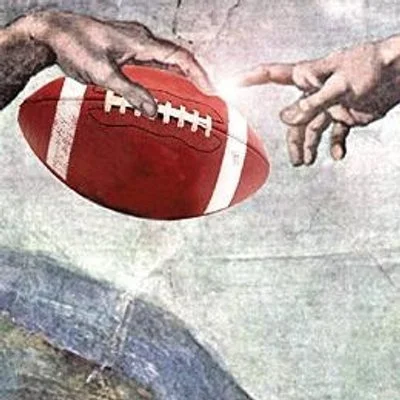Enquiring tennis fans (may) want to know: Is the young U.S. Open champion Coco Gauff a “good” religious believer or some kind of “bad” conservative Christian whose beliefs should be avoided in the mainstream press?
I am getting to this story late, because I have been on the road for more than a week for pressing family reasons. However, it’s clear that Gauff is going to be one of the more inspiring sports figures of 2023, and in this case “inspiring” can have several valid meanings.
So let’s start with the obvious hot-button image from social media, as in that ESPN SportsCenter post on X containing a video clip that showed the new champion kneeling, with her head bowed and her hands against her forehead in a rather obvious symbolic position.
The ESPN tweet said (all together now): “@CocoGauff took a moment to soak it all in after winning her first Grand Slam title (heart emoji)”
Pro Football Hall of Fame coach Tony Dungy — one of the most outspoken Black Christians in mainstream media — wasn’t amused by this faith-free language and responded on X. This, in turn, was picked up by “conservative” media, since religious faith is often viewed as a “conservative” thing. Here’s a major chunk of the New York Post coverage:
“I hate to break this to you SportsCenter but Coco Gauff was not ‘soaking it all in’ at this moment. She was praying. She has been very open about her Christian faith in the past. It seems pretty obvious what she is doing here,” Dungy wrote.
Gauff spoke about her faith after winning the first Grand Slam title of her career after she was asked what it meant to her to win the title on home soil.
“Oh my goodness. It means so much to me. I feel like I’m a little bit in shock in this moment,” Gauff said. “That French Open loss was a heartbreak for me. I realized God puts you through tribulations and trials. This makes this moment even more sweeter than I could imagine.
“I don’t pray for results. I just ask that I get the strength to give it my all. Whatever happens, happens. I’m so blessed in this life. I’m just thankful for this moment. I don’t have any words for it, to be honest.”
Let’s stress the obvious journalism point, once again.




